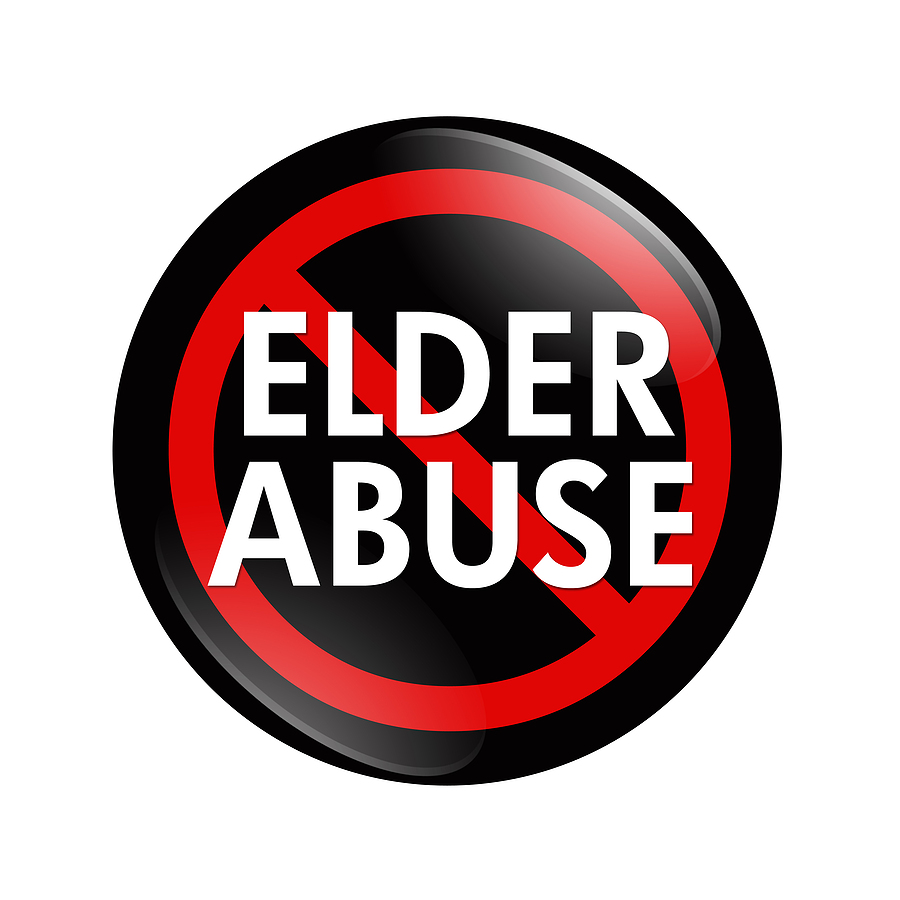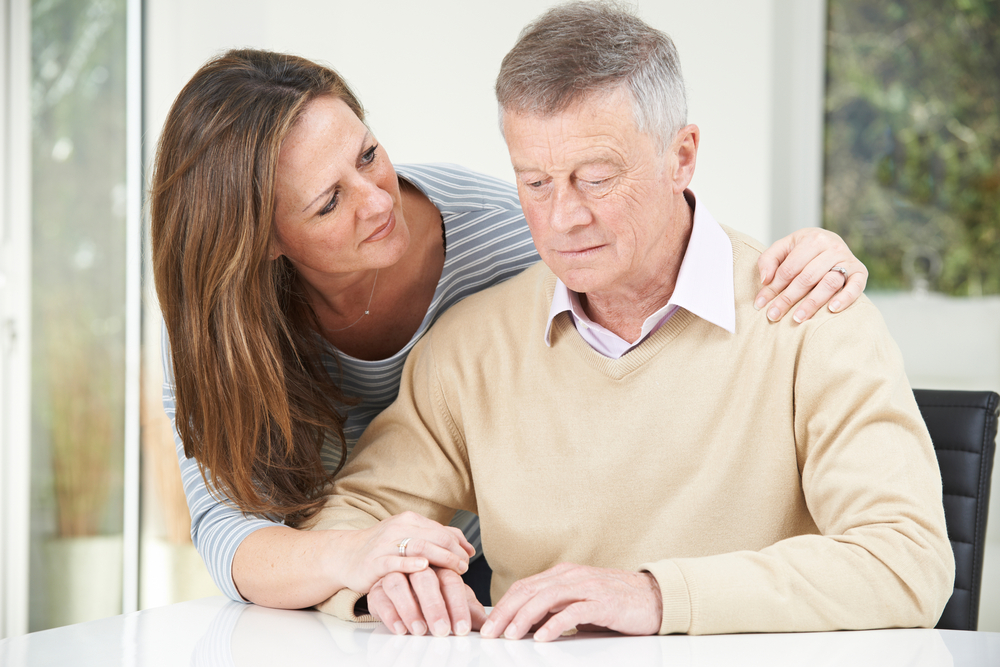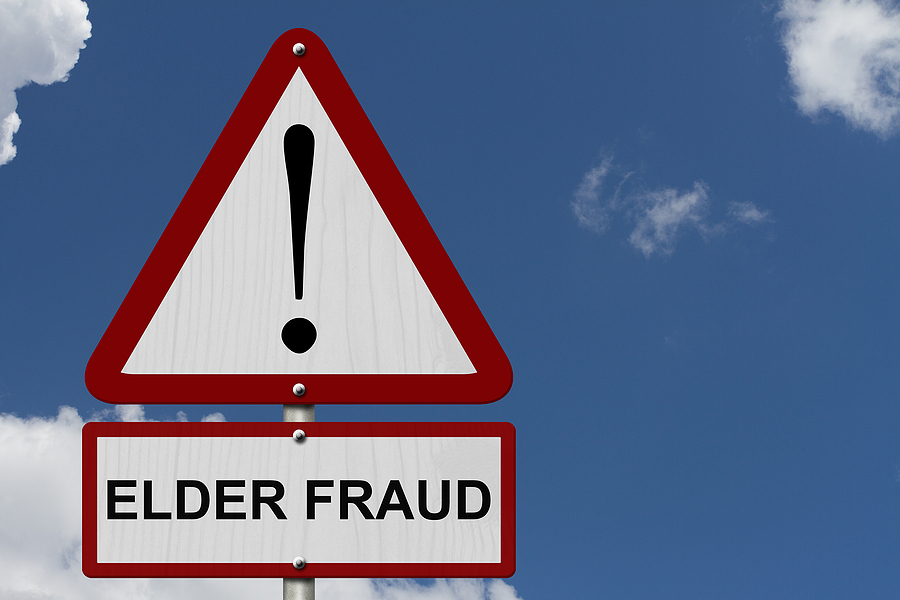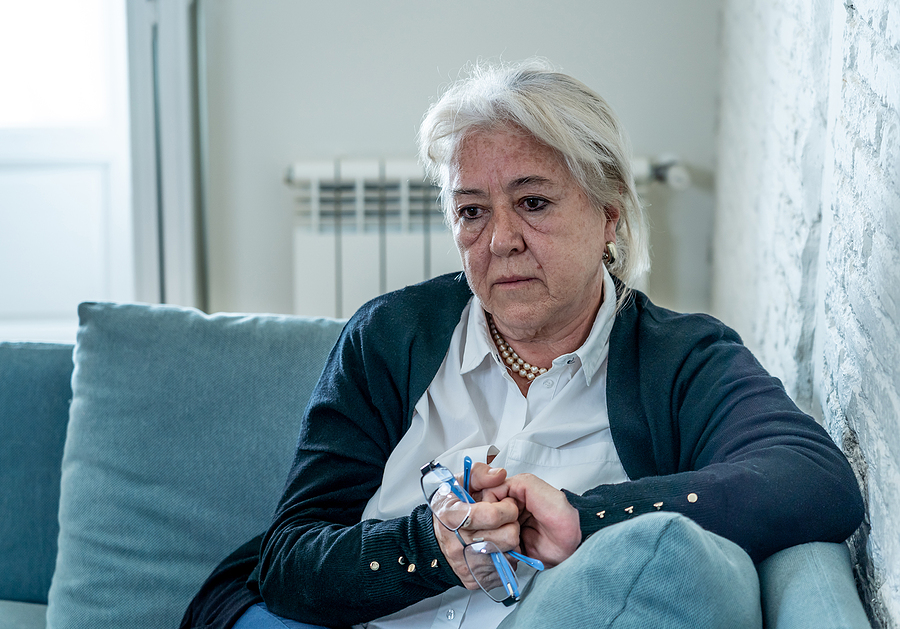Elder Abuse Statistics and Facts
Category:

Abuse can happen to anyone, including senior citizens. If you witness any type of elder abuse, be sure to call 9-1-1 or contact Adult Protective Services. But what exactly is elder abuse? In this post, we will answer this question along with many others, including:
-
What is the most common form of elder abuse?
-
Where does elder abuse occur?
-
How often does elder abuse occur?
-
Who commits most elder abuse?
-
What is the prevalence of elder abuse in the United States?
Elder Abuse Facts
Here are some quick facts about elder abuse.
-
The most common form of elder abuse is neglect. This means declining the individual’s basic life needs, such as food, medicine, and hygiene.
-
Most elder abuse is committed by trusted individuals, such as family members.
-
Abuse can happen in a senior’s home, a family member’s house, an assisted-living facility, or a nursing home.
-
There are several warning signs for elder abuse.
-
Physical: bruises, broken bones, burns
-
Emotional: depression, withdrawal from normal activities, frequent arguments between the caregiver and older adults, strained or tense relationships
-
Financial: changes in a bank account
-
Neglect: poor hygiene, bedsores, unattended medical needs, unusual weight loss
-
Verbal or emotional abuse: belittling, threats
-
-
Elders are more likely to report financial abuse over any other form.
-
Researchers have found a link between elder abuse and lower socioeconomic status.
-
Abuse can lead to future medical issues and disabilities.
-
Older adults with disabilities, memory problems, or dementia are the most common targets for abuse.
-
The Elder Justice Act (EJA) is federal legislation that addresses elder abuse, neglect, and exploitation.
Download a Free Elder Abuse Awareness Guide
Elder Abuse Statistics
Now that we have taken a closer look at some facts, let’s break down elder abuse rates.
-
An estimated 5 million seniors suffer from abuse each year
-
Approximately 1 in 10 Americans over age 60 experience some form of elder abuse.
-
According to a 2017 study, 15.7% of people over age 60 experienced some type of abuse, but it is likely underestimated since only 1 in 24 cases of elder abuse is reported.
-
Two out of 3 elder abuse victims are women.
-
According to the National Center for Victims of Crime, elder abuse complaints include the following percentages:
-
27.4% – Physical abuse
-
22.1% – Resident-on-resident abuse (physical or sexual)
-
19.4% – Psychological abuse
-
15.3% – Gross neglect
-
7.9% – Sexual abuse
-
7.9% – Financial exploitation
-
-
Family members are responsible for 60% of elder abuse and neglect incidents. Adult children and spouses account for ⅔ of perpetrators.
-
About 2 in 3 staff in nursing homes or long-term care facilities report they have committed abuse in the past year.
-
According to the National Center for Victims of Crime, 60% of self-reported elder abuses are verbal, 14% are neglect, and 5-10% are physical.
-
About 5.2% of older adults report financial exploitation from a family member.
-
Financial elder abuse has resulted in losses of $2.9 billion per year.
-
Abused elders have a 300% risk of death when compared to those who were not abused.
-
Caregiver neglect, the most common elder abuse, is the most unreported type of abuse, with 1 out of every 57 cases being reported.
-
A 2009 study found that close to 50% of people with dementia experience some kind of abuse.
-
If the proportion of elder abuse remains constant, there will be about 320 million victims by 2050.
Preventing Elder Abuse
The Center for Disease Control (CDC) recommends doing the following to prevent elder abuse:
-
Listen to seniors and caregivers to provide support and understand their challenges.
-
Report abuse or suspected abuse to Adult Protective Services.
-
Educate yourself and others about how to recognize and report elder abuse.
-
Learn how the signs of elder abuse differ from the normal aging process.
-
Check in regularly on seniors who may have few friends and family members.
-
Provide caregivers with emotional and instrumental support.
-
If possible, involve more people than just family, paid caregivers, and guardians for healthcare and financial matters.
-
Encourage and assist caregivers/seniors in getting help if they have problems with drugs or alcohol.
Subscribe
Date: January 19, 2021
Category:


